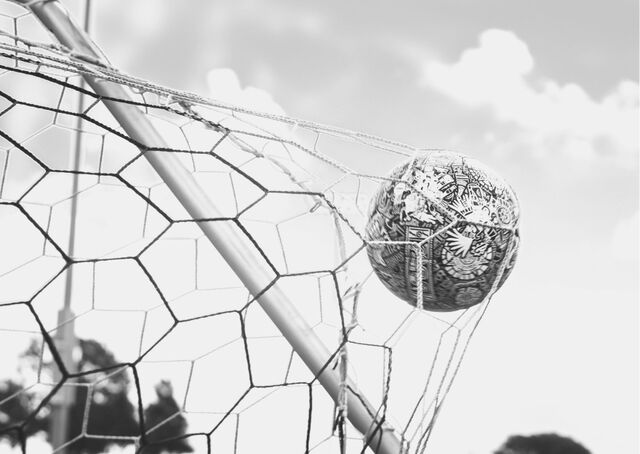On 22 March, Kylian Mbappé refused to take part in marketing operations during the French national team’s get-together, as the footballer did not wish to associate his image with the promotion of certain French team sponsors (Betclic, Coca-Cola and KFC).

More and more, professional sportsmen and women are showing their commitment to an ethical approach.
Already at the last Euro in 2021, Cristiano Ronaldo ostensibly removed two bottles of Coca-Cola from the cameras at a press conference. Two days later, Paul Pogba did the same for a bottle of beer.
The participation of players in marketing operations is an obligation arising from their agreement to transfer their collective image rights. This is the right to use the image of a sportsperson associated with his or her team. As a reminder, since 2010, each footballer, when joining the French national team, undertakes to transfer his collective image rights.
This transfer naturally allows the players to receive image rights fees (€25,000 per match played), but in return constrains them to participate in marketing and sponsorship operations.
What were the reasons for refusing to honour his commitments? Several reasons are given.
The commitment takes effect from the first call-up to the French national team and expires five years after the player’s career ends. Thus, for players as precocious as Kylian Mbappé, this transfer can last almost two decades. A period he undoubtedly considers too long.
Furthermore, he criticised the abuse of the notion of collective image rights, which in reality prevents the exploitation of his personal image. While the collective image would imply soliciting all the players equally, it is nevertheless a small number of players (the most popular ones, which clearly includes Kylian Mbappé) who are regularly chosen for marketing operations.
The player’s complaints may finally have been heard, as on Tuesday 31 May, a meeting took place between Kylian Mbappé’s advisors and Noël Le Graët (President of the French Football Federation), to discuss possible changes to the image rights agreement. Negotiations should focus in particular on the introduction of a conscience clause allowing players to opt out of certain marketing operations with which they do not wish to be associated.
Although discussions have not yet been concluded, there is no doubt that this will happen soon, as the 2022 World Cup is fast approaching and with it, the marketing operations of the French team.